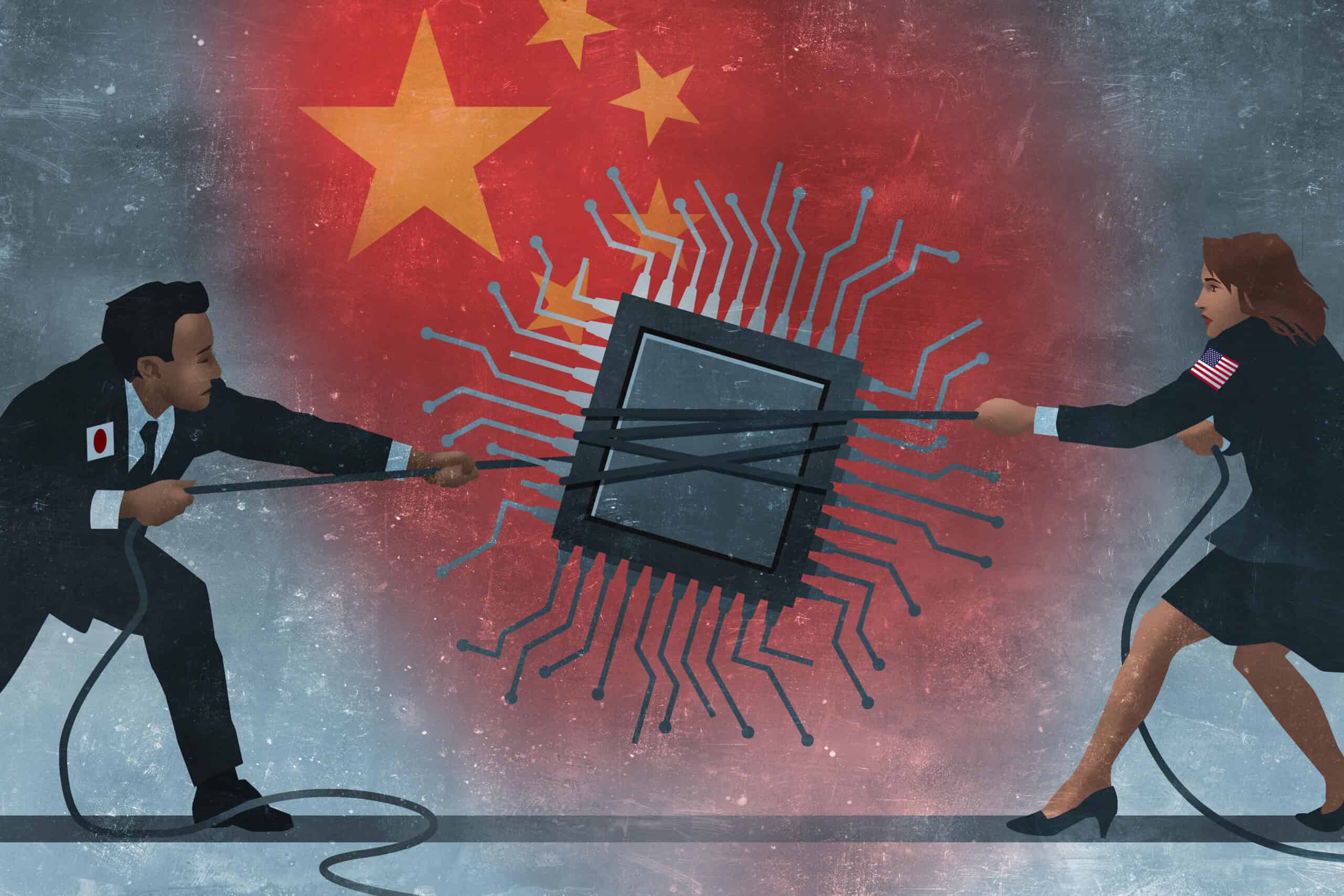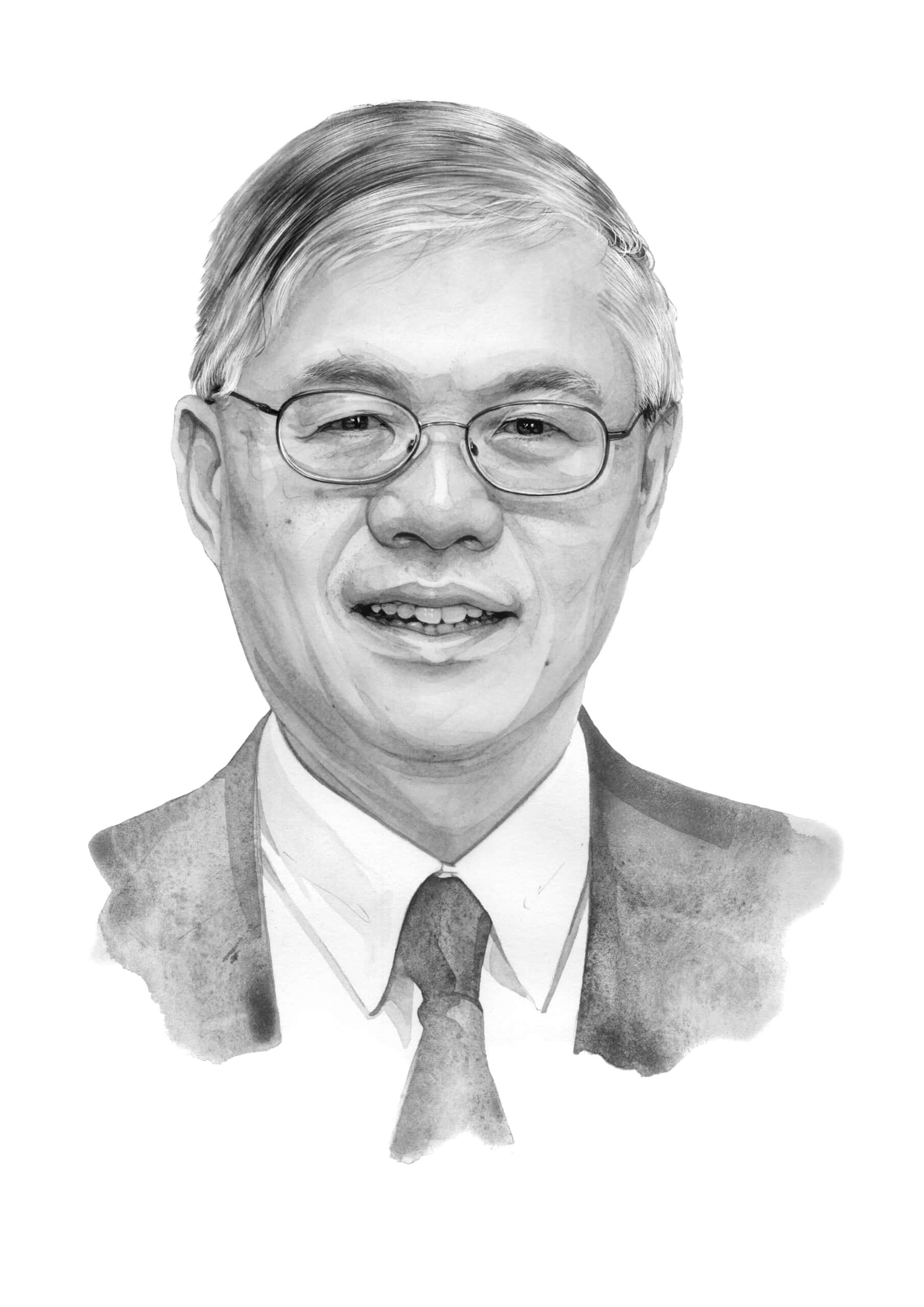Good evening. Here’s a stat for you: Last January, almost half of Amazon’s top 10,000 sellers were based in China. In fact, as our cover story this week shows, Chinese sellers have been a “hidden secret” of Amazon’s success. But, with increased pressure on the company to deal with counterfeit products and fake reviews — both of which are largely associated with Chinese sellers — the e-commerce giant has to finally figure out how to rein them in. Elsewhere, we have a Q&A with Mingwei Song, the Chinese literature scholar, on what the ‘new wave’ of science fiction reveals about China; infographics on how China’s rich list has changed over the past decade; a reported piece on the state of international foundations in China; and an op-ed by Chang-Tai Hsieh on why U.S. efforts to counter China’s industrial policy are counterproductive. If you’re not already a paid subscriber to The Wire, please sign up here.
Want this emailed directly to your inbox? Sign up to receive our free newsletter.
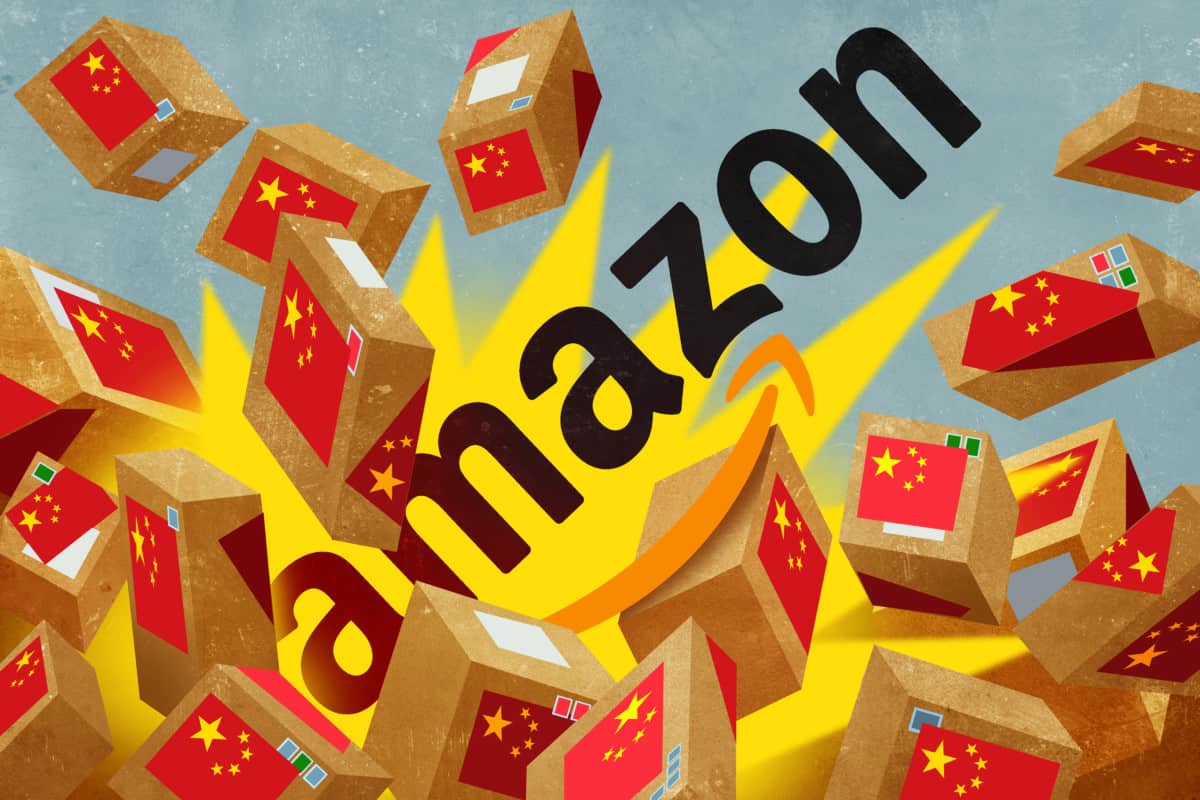
Package Deal
For years, Amazon recruited Chinese sellers aggressively, profiting handsomely from the surge in product offerings and low prices. But, as Anastasiia Carrier reports this week, many Chinese sellers’ bad practices — from selling counterfeits to manipulating reviews — now have the e-commerce giant on the defensive. Amazon, many industry observers say, has to figure out how to better manage its Chinese sellers or risk losing one of its biggest advantages.
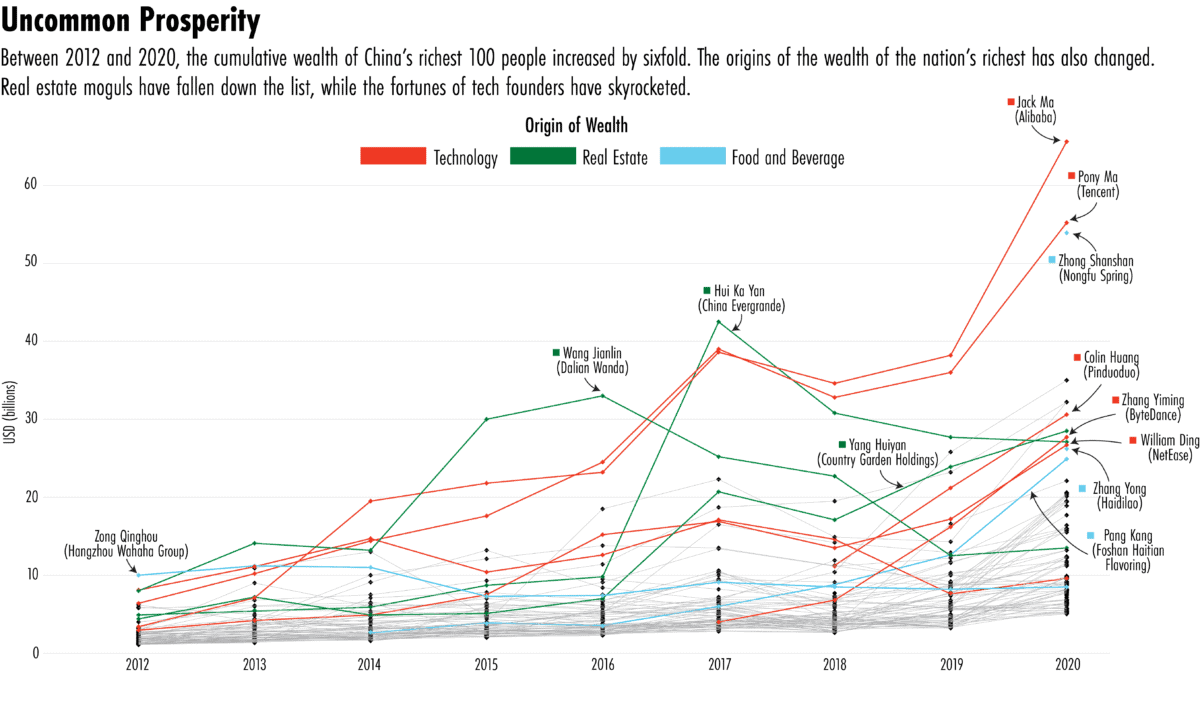
The Big Picture: Bobbing Billionaires
China’s Rich List has changed considerably over the past decade. This week, The Wire looks at the wealth of China’s elite — its rapid growth, and how its origins have changed in the nine years since Xi came to power — to give some background on why Beijing is cracking down now, and who is in its crosshairs.
A Q&A with Mingwei Song

Mingwei Song is a scholar of modern Chinese literature at Wellesley College. In this week’s Q&A, he talks to James Chater about the increasing popularity of the ‘new wave’ of Chinese science fiction, including how it dismantles identity, sheds light on the invisible China and, so far, evades the censors.
Mingwei Song
Illustration by Kate Copeland
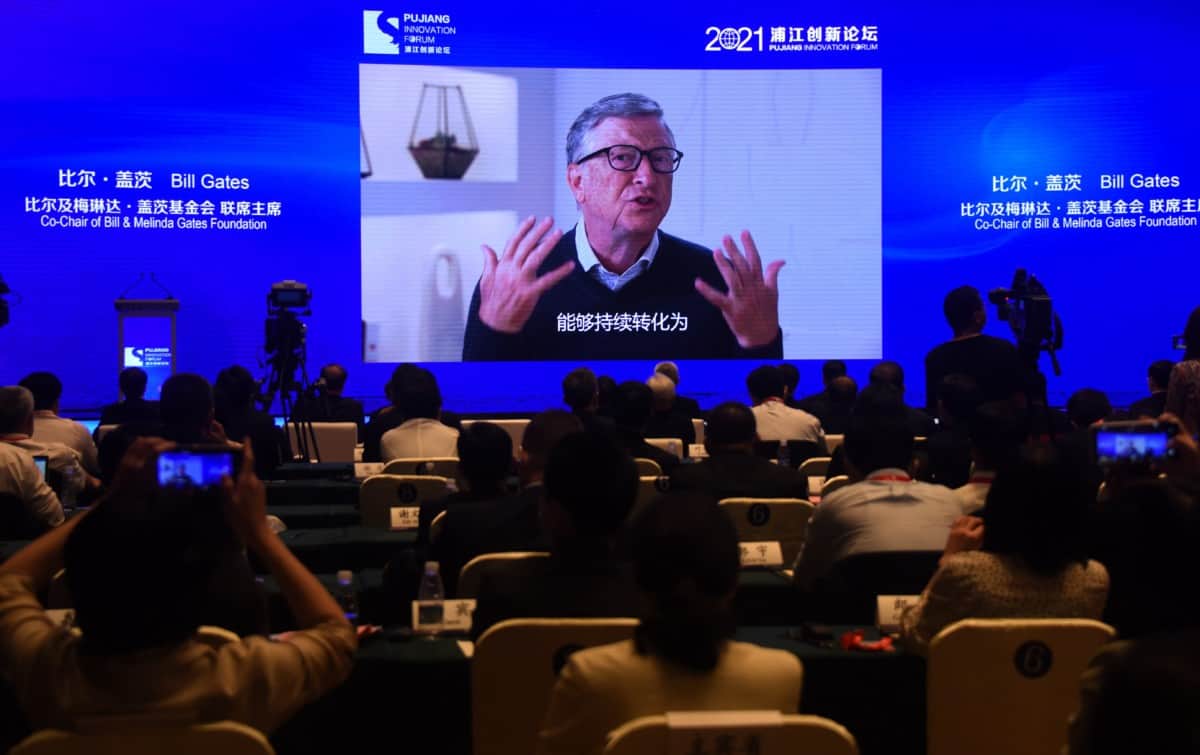
China’s NGO No-Go
The Chinese government is trying to get more of the country’s wealthy to give to worthy causes. Yet, as Katrina Northrop reports this week, international foundations that often work on similar social issues have found their efforts increasingly constrained in recent years. Northrop details the international foundations that are still active in China as well as how they manage to operate under Beijing’s strict rules.

Countering Chinese Industrial Policy Is Counterproductive
In this week’s op-ed, Chang-Tai Hsieh, a professor at the University of Chicago, argues that the real business-related challenge the U.S. faces vis-à-vis China is the tradeoff between national security and the benefits of economic exchange — not China’s support for state-owned firms or its industrial subsidies. And the worst thing America could do, he says, is to enact industrial policies of its own.
Subscribe today for unlimited access, starting at only $19 a month.

